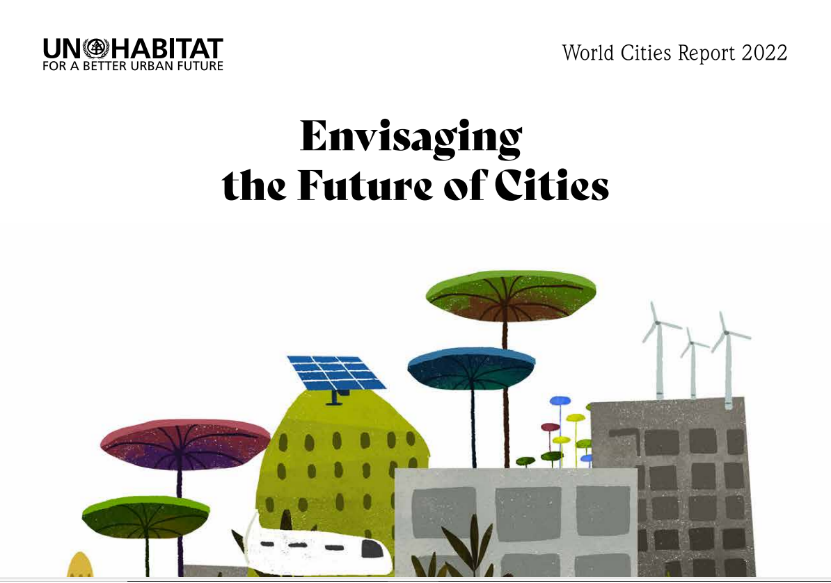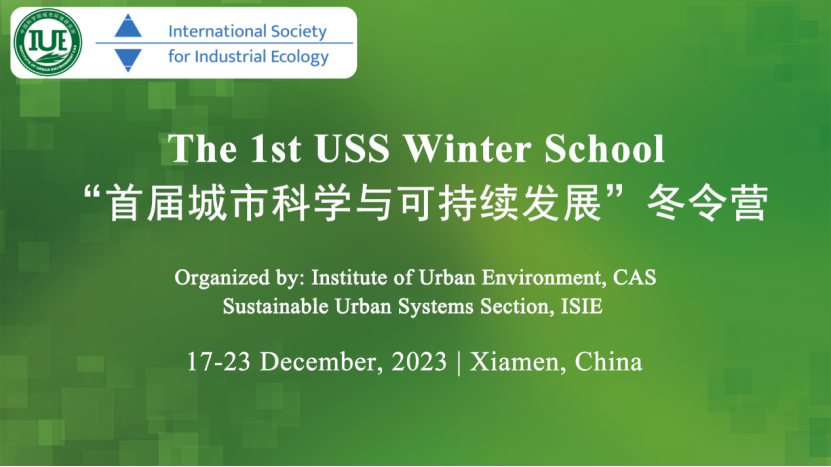Nutrient pollution of urban surface waters in the Twin Cities, Minnesota: sources and solutions
Sarah Hobbie
Mar. 29, 2023, 08:00 – 09:30 (Beijing Time)
Mar. 28, 2023, 20:00 – 21:30 (Eastern Time)
Mar. 28, 2023, 17:00 – 18:30 (Phoenix Time)
Dr. Sarah Hobbie is Distinguished McKnight University Professor in the Department of Ecology, Evolution and Behavior. Her research focuses on the influence of changes in atmospheric composition, climate, and land use on communities and ecosystems, and of urbanization on biodiversity and water quality. She leads the new Minneapolis-St. Paul Metropolitan Area Long Long Term Ecological Research program, focused on understanding interactions between people and nature in the Twin Cities, and is an active researcher with the Cedar Creek Long Term Ecological Research program. She is a member of the National Academy of Sciences and a Fellow of the American Academy of Arts and Sciences. She serves on the Advisory Board of the Earth Leadership Program and on several editorial boards.
Abstract:
Managing excess nutrients remains a major obstacle to improving ecosystem service benefits of urban waters. We have been taking a small-watershed approach to address water quality impairment of surface waters in the Minneapolis-St. Paul metropolitan area in Minnesota, USA. We have shown that watersheds retained only 18% of net phosphorus (P) inputs versus 78% of net nitrogen (N) inputs, despite relatively low P inputs related to a statewide restriction on lawn P fertilizer use. In contrast to many non-urban watersheds that exhibit high P retention, these urban watersheds have high street and storm sewer densities that enhance transport of P-rich materials from landscapes to stormwater and local lakes. Further work showed that tree litterfall into streets can account for 40-60% of P transport from land to stormwater, and that targeted street sweeping can be a cost-effective method for managing urban P pollution. Working with the Minnesota Pollution Control Agency, we helped develop a new, data-driven pollution crediting approach that is being emulated in other states. Our work shows that advancing ecosystem-level understanding of urban watersheds can generate insights that promote novel solutions to solving urban water quality challenges.



